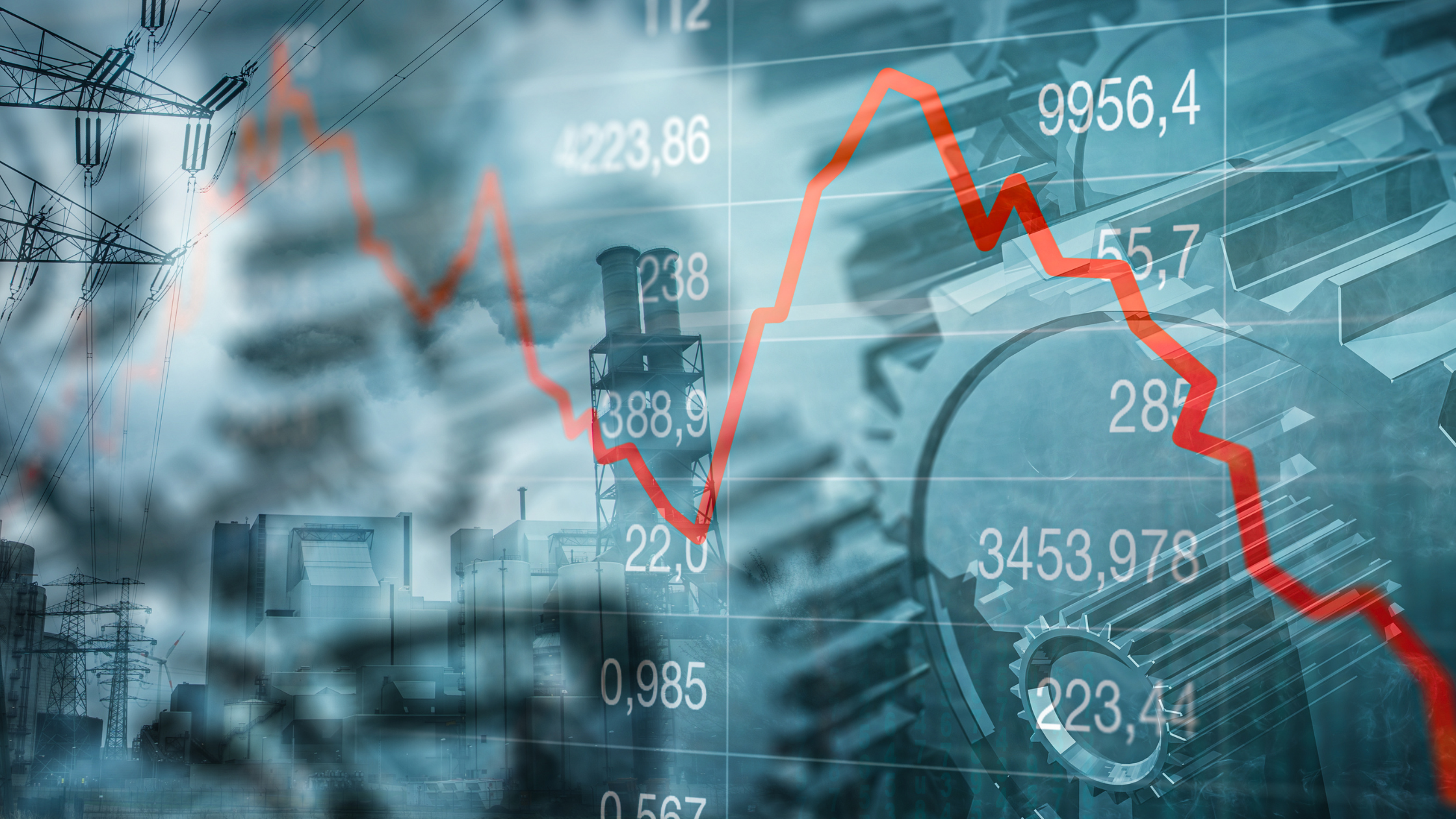The Growing Significance of Cybersecurity
As our world becomes more interconnected and reliant on technology, the importance of cybersecurity continues to rise. The adoption of cloud computing, artificial intelligence, and the Internet of Things has led to an exponential increase in the number of devices connected to the internet. This interconnectedness presents an expanded attack surface for cybercriminals to exploit vulnerabilities and launch malicious attacks.Cybersecurity as a Utility
In today’s digital landscape, cybersecurity has become a necessity rather than a luxury. Just as individuals and businesses cannot afford to cut off their internet or electricity supply, they cannot reasonably halt the use of cybersecurity technologies. Cyberattacks do not discriminate based on economic conditions, and the consequences of an attack can be devastating, leading to reputational harm, financial losses, and disrupted operations. Companies across industries are recognizing the critical role cybersecurity plays in safeguarding their digital assets and protecting sensitive data. Cybersecurity solutions have transitioned from being perceived as optional to being considered essential components of any comprehensive business strategy. As a result, the demand for cybersecurity products and services remains robust, irrespective of economic fluctuations.The Impact of the Cyber Battlefield
A persistent and evolving cyber battlefield presents ongoing challenges to the global cybersecurity landscape. The recent conflict in Ukraine has shed light on the magnitude and severity of cyberattacks targeting critical infrastructure. These attacks can have cascading effects across sectors and borders, bringing societies to a standstill. The increasing frequency of cyber threats has amplified the need for robust cybersecurity measures. Organizations of all sizes are realizing the importance of fortifying their defenses to mitigate the risk of cyberattacks. As the cyber battlefield expands, the demand for cybersecurity expertise, technologies, and solutions will continue to rise.Job Growth and Economic Stability
The cybersecurity industry has experienced remarkable job growth, providing stability and economic opportunities even during challenging economic times. The number of open cybersecurity jobs worldwide grew by 350% between 2013 and 2021, reaching 3.5 million positions. This surge in job opportunities reflects the increasing demand for skilled professionals to combat ever-evolving cyber threats. Moreover, the cybersecurity sector is characterized by strong business fundamentals. Despite potential fluctuations in stock values, cybersecurity companies that offer robust solutions are reporting significant revenue growth. Examples include CrowdStrike and ZScaler, which continue to demonstrate solid business performance due to the continuous adoption of technology and the critical need for their cybersecurity solutions.Government and Regulatory Focus
Governments worldwide are recognizing the critical role of cybersecurity in ensuring national security, economic stability, and the protection of citizens’ data. Consequently, regulatory frameworks and compliance requirements are being introduced to enforce cybersecurity standards across industries. This heightened focus on cybersecurity further reinforces its recession-resilient nature and underscores its importance in safeguarding the digital infrastructure of nations.Conclusion
In conclusion, cybersecurity has established itself as a recession-resilient industry, primarily driven by its growing significance in an interconnected world. The continuous expansion of the cyber battlefield, the utility-like nature of cybersecurity, job growth, economic stability, and the government’s regulatory focus all contribute to the sector’s resilience. As cyber threats persist, the demand for robust cybersecurity measures and innovative solutions will continue to drive the industry forward.






































